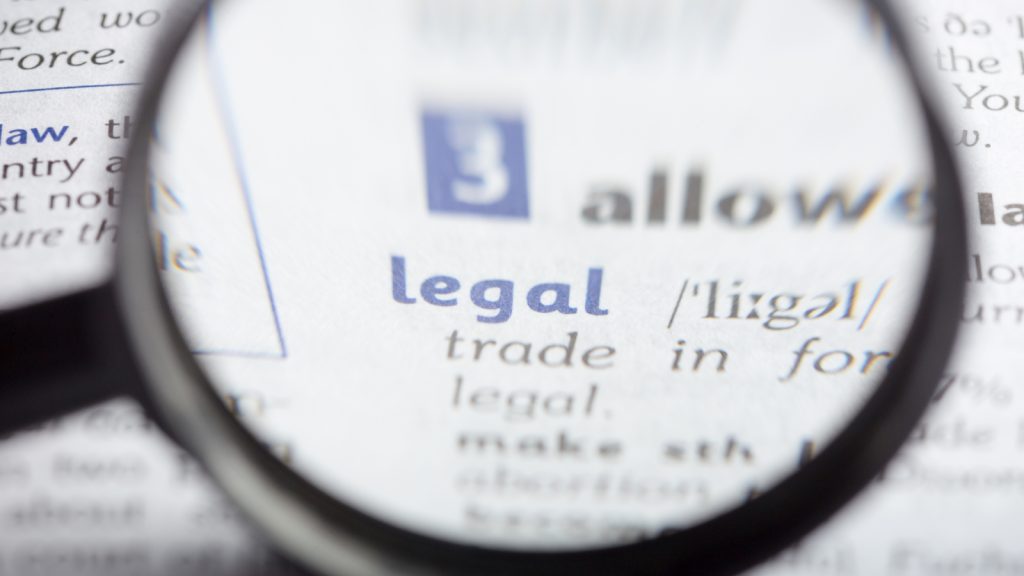Perplexity AI is facing fresh legal heat after Encyclopedia Britannica and Merriam-Webster filed a lawsuit accusing the startup of copying their content without permission.
In a lawsuit filed September 10 in a New York federal court, the complaint accuses Perplexity of infringing on copyright and trademark rights by pulling material from Britannica and Merriam-Webster into its “answer engine.”
Britannica says the AI system has been “free riding” on its work by summarizing articles verbatim, cutting into web traffic that fuels subscriptions and advertising revenue. The complaint also alleges Perplexity attributed false, AI-generated “hallucinations” to Britannica, potentially harming its brand reputation.
Article continues after ad
“Perplexity claims to be the ‘world’s first answer engine,’ but the answers they provide to consumers are often Britannica’s answers,” Britannica Group CEO Jorge Cauz said in a press release.
“As demonstrated by today’s action, we will take all steps necessary to protect our data and intellectual capital so we can continue to offer innovative digital instructional and informational solutions that enhance student learning outcomes, assist educators in their teaching journeys, and inform and delight learners of all ages.”
Article continues after ad
Article continues after ad
 Perplexity
PerplexityDictionaries accuse Perplexity of copying content
Founded in 2022, Perplexity describes itself as an “AI-powered Swiss Army knife for information discovery and curiosity.” Its answer engine pulls data from the web and packages it into quick summaries, positioning itself as an alternative to Google.
But publishers say those summaries are built on scraped content. Britannica’s lawyers argue Perplexity copied and republished its work without permission and claims its dictionary definitions were lifted outright.
The case comes just weeks after Anthropic agreed to pay $1.5 billion to settle claims that its Claude chatbot used pirated books for training. It highlights the growing wave of lawsuits targeting AI companies over copyright.
Article continues after ad
 Unsplash: @aaronburden
Unsplash: @aaronburdenPerplexity has found itself in legal battles before. Last year, Rupert Murdoch’s Dow Jones, the parent company of The Wall Street Journal and New York Post, accused the startup of illegally copying its work.
And despite the legal pressure, Perplexity has continued to make headlines, most recently with its audacious $34.5 billion bid to acquire Google’s Chrome browser.
Article continues after ad
If Britannica and Merriam-Webster succeed, it could set another costly precedent for how AI companies use and pay for copyrighted material.
Article continues after ad

